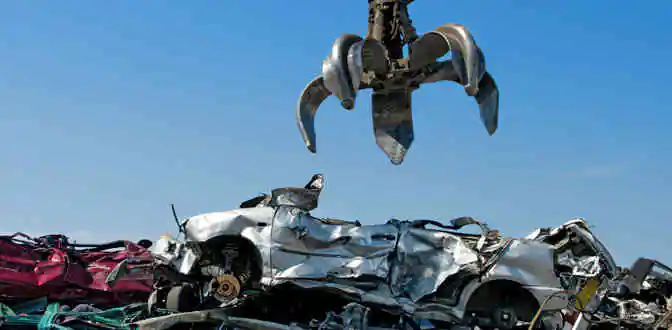Getting rid of accumulating waste has become a major challenge for the society today, thereby affecting the safety and sustainability of the ecosystem. The current solution- garbage is either incinerated or stacked in different places, causing harm to the environment and the people. The traditional methods used to process waste not only increases the chances of health hazards to the human workforce but also gives rise to air, water, and soil pollution.
AI powered robots are innovating waste management
Consequently, recycling and reusing waste has become an essential task. In this context, waste sorting robots have emerged as the disruptive intelligent automated machines that are gradually replacing the traditional methods of sorting waste. These intelligent waste sorting robots are proficient at multitasking, autonomous, scalable and have integrated learning systems that can function tirelessly 24/7, ergo, these can be extensively deployed for waste processing and recycling in an assortment of industries.
 Similar to other process industries, the robotic recycling revolution is driven most significantly by money. As in the usual case, substantial cost saving is generated by process efficiency and from different revenue streams, including high-purity reusables that are now more diverse, thanks to unique recognition protocols made possible by sensors, machine learning, and artificial intelligence.
Similar to other process industries, the robotic recycling revolution is driven most significantly by money. As in the usual case, substantial cost saving is generated by process efficiency and from different revenue streams, including high-purity reusables that are now more diverse, thanks to unique recognition protocols made possible by sensors, machine learning, and artificial intelligence.
Multi-tasking functionality and accuracy of robots
Robots are fast, accurate, and can process a heavy load of waste material. The number of picks per hour remains very high, and they can work in different shifts with the same accuracy, minus the human factors that can impact productivity. Consequently, robots can sort through numerous waste material types and objects simultaneously.
They can sort waste of diverse types in one location, thus reducing the need for complex pre-processing of waste. For instance, robotic arms can pick valuable recyclable waste and reject waste right from the conveyor belt, without additional screening stages. Robots are also capable of sorting waste of different shapes and sizes without slipping and dropping objects.
Intelligent robotic systems can process through nearly any type of waste and these sorting abilities can be redefined for every new market situation, even on a daily basis. Further, increased flexibility in recognition gives operators the possibility to explore new employ cases. This form of flexibility has not been available in waste sorting technologies previously.
With these capabilities and sought-after attributes, intelligent robotic waste sorting will no doubt disrupt the waste management industry and override conventional techniques of recycling, sorting and garbage handling. Consequently, the adoption of waste sorting robots will rapidly increase resulting in a massive growth of the industry.



